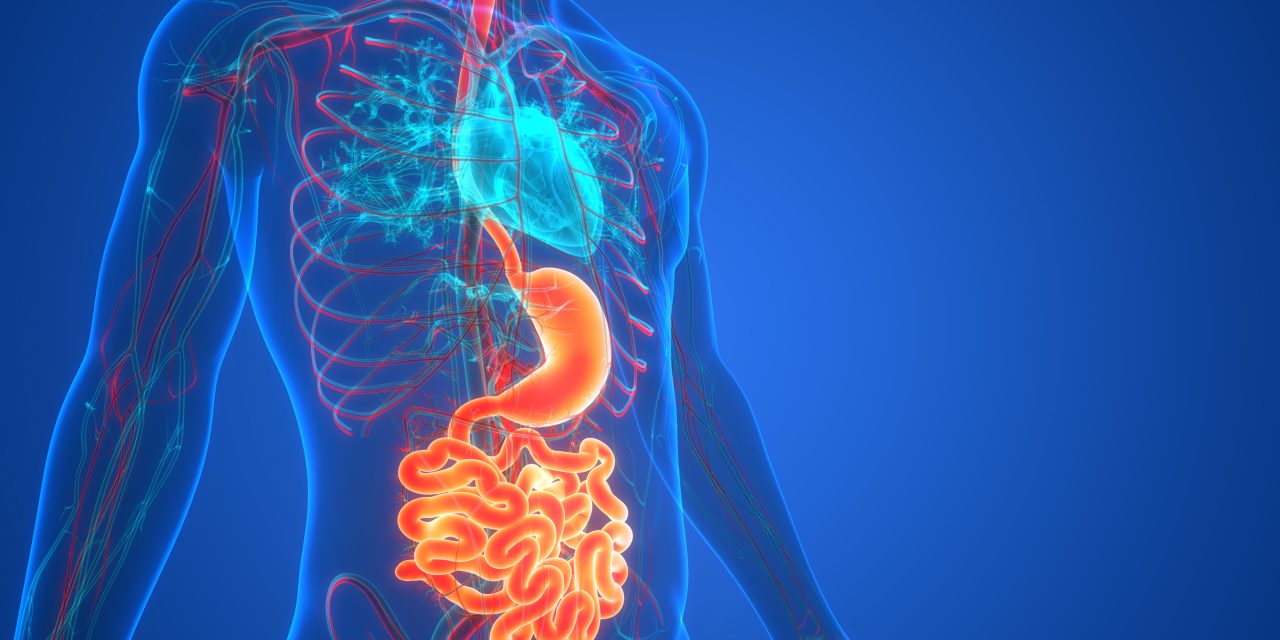The current standard therapy for metastatic pancreatic cancer is ineffective, necessitating a new treatment approach for prognosis improvement. The urokinase-plasmin activator (uPA) is a critical factor in epithelial-mesenchymal transition (EMT) and cancer metastasis, but its underlying mechanisms in pancreatic cancer remains elusive.
We investigated uPA expression in our pancreatic cancer cohort. A bioinformatics approach was used to further determine the role of uPA in pancreatic cancer. We employed MiaPaCa-2 and PANC-1 cell lines to investigate how uPA regulates EMT and metastasis in pancreatic cancer and present a novel approach aimed at inhibiting uPA in pancreatic cancer.
We observed that higher uPA mRNA expression was significantly associated with overall-poor survival and progression-free survival in pancreatic cancer. uPA was highly expressed in tumor tissue. Gene set enrichment analysis revealed a positive association between uPA mRNA expression and EMT and transforming growth factor β (TGF-β) signaling pathways. Moreover, shRNA-mediated uPA gene knockdown reduced plasmin, MMP14, and TGF-β activation, leading to the inhibition of PANC-1 cells’ EMT marker expression, migration, invasion, and cell viability. Notably, 4-acetyl-antroquinonol B (4-AAQB) treatment suppressed MiaPaCa-2 and PANC-1 cell migratory and invasive abilities by inhibiting the uPA/MMP14/TGF-β axis through upregulation of miR-181d-5p. In the xenograft mouse model of orthotropic pancreatic cancer, 4-AAQB treatment has reduced tumor growth and metastasis rate by deactivating uPA and improving the survival of the mice model.
Accordingly, to extent of our knowledge and previous studies, we demonstrated that 4-AAQB is an anti Pan-Cancer drug, and may inhibit pancreatic cancer EMT and metastasis and serve as a new therapeutic approach for patients with late-stage pancreatic cancer.
Copyright © 2022. Published by Elsevier GmbH.
Urokinase plasminogen activator induces epithelial-mesenchymal and metastasis of pancreatic cancer through plasmin/MMP14/TGF-β axis, which is inhibited by 4-acetyl-antroquinonol B treatment.


